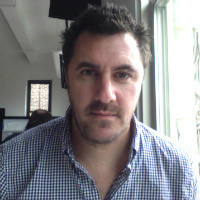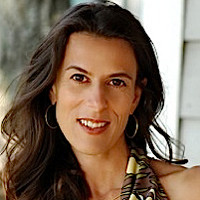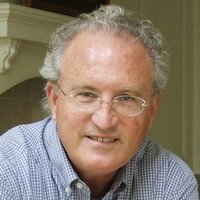Jonathan Shainin is senior editor at The Caravan in Delhi.
"Working in an environment that's foreign, where you have to kind of think through a lot of things from the ground up ... I find it to be really stimulating to have to interrogate the assumptions that you have as an editor about what's interesting and what's not interesting, what's a good story and what's a bad story, what's the story that's been done a million times already. When you get out of a place that is your place, you have to kind of think through some things in a fresh way. And that can be really productive."
Thanks to this week's sponsor, TinyLetter!
</blockquote>


















